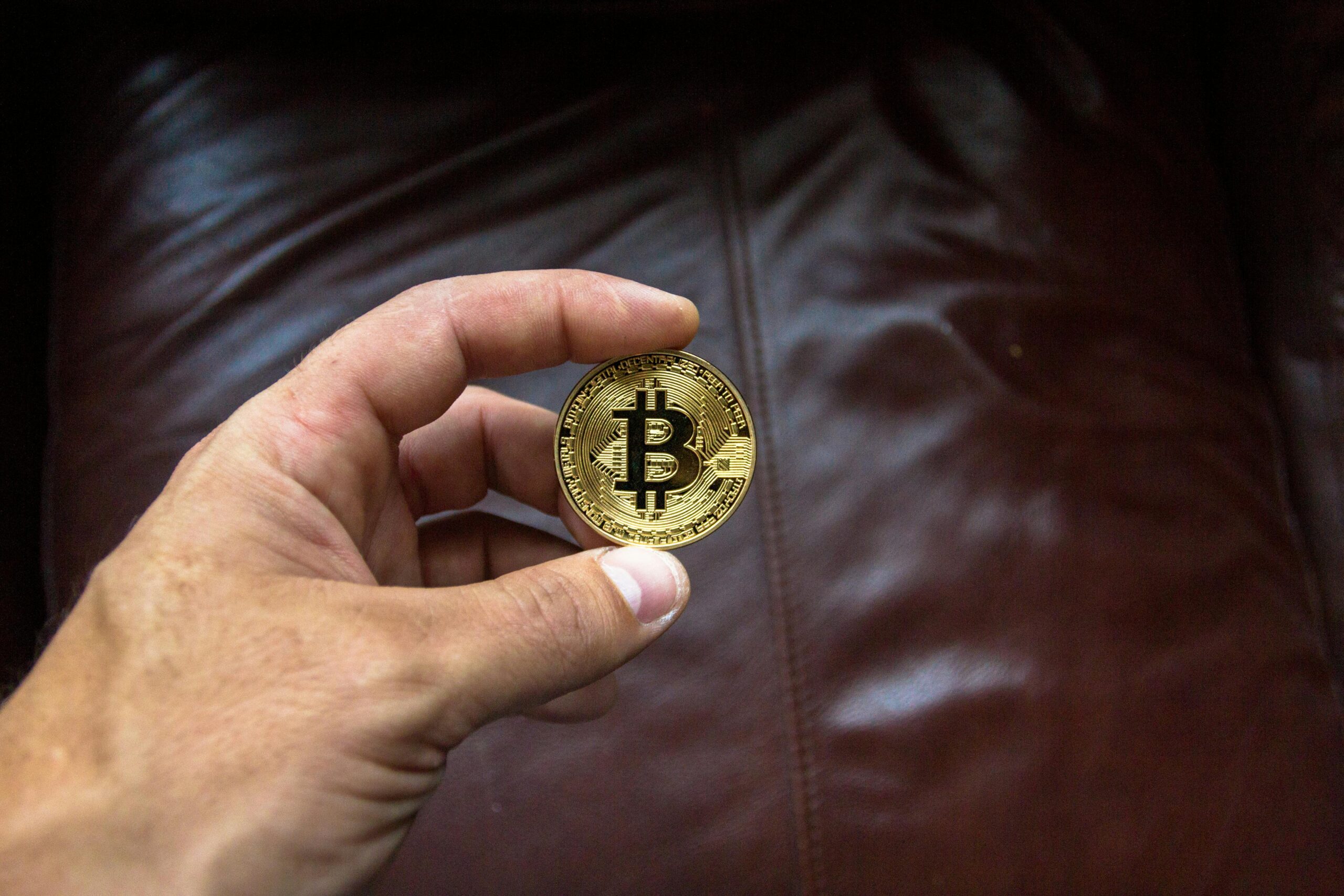Does jamie dimon own bitcoin?
Jamie Dimon, the CEO of JPMorgan Chase, has been unequivocal about his stance on Bitcoin: he does not own it and has no interest in doing so. Dimon has been vocal about his skepticism, often describing Bitcoin as a “fraud” and comparing it to historical financial bubbles like the tulip mania. His public statements reflect a clear disinterest in investing in Bitcoin personally.
Statements and Proof
- “I don’t personally own Bitcoin”: Dimon has explicitly stated in interviews that he does not own Bitcoin. This direct admission leaves little room for ambiguity.
- “If you’re stupid enough to buy it, you’ll pay the price for it one day”: His harsh words indicate a belief that Bitcoin is not a wise investment, reinforcing his disinterest in owning it.
- “I don’t really give a sh*t about Bitcoin”: This blunt statement underscores his dismissive attitude towards Bitcoin, further supporting that he doesn’t own it.
Motives Behind Dimon’s Criticism
Dimon’s harsh stance on Bitcoin could be driven by several factors:
- Genuine Concern: He often cites Bitcoin’s volatility and security issues. These are legitimate concerns, as Bitcoin’s price can fluctuate wildly, and the market has seen significant security breaches.
- Competitive Element: Traditional finance, represented by banks like JPMorgan Chase, could feel threatened by the rise of decentralized digital currencies. Bitcoin operates outside the control of central banks and financial institutions, potentially undermining their influence.
JPMorgan Chase and Alternative Investments
JPMorgan Chase promotes traditional investments like stocks, bonds, and real estate. They also explore emerging technologies such as blockchain but in a controlled manner.
For instance, JPM Coin is a digital currency designed for institutional use, reflecting the bank’s interest in blockchain technology while distancing itself from the volatility of Bitcoin.
Predictions for the Future
The future of Bitcoin remains a topic of debate. Proponents see it becoming mainstream, a hedge against inflation, and a decentralized financial tool. Critics, like Dimon, warn of potential bubbles and scams. The truth likely lies somewhere in between, with Bitcoin possibly finding a niche while facing regulatory and market challenges.
Impact of Public Figures’ Opinions
- Public figures like Jamie Dimon can significantly influence the cryptocurrency market.
- Dimon’s statements often cause Bitcoin’s price to drop and influence public perception.
- His skepticism can deter traditional investors, emphasizing the power dynamics at play in the crypto world.
Disclosure Requirements for Executives
Executives holding significant crypto assets must disclose such information due to legal and ethical obligations. Dimon’s clear statements about not owning Bitcoin suggest he is adhering to these disclosure requirements, adding a layer of transparency.
Focus Beyond Dimon
Other prominent financial figures have differing views on Bitcoin. For instance, Elon Musk has shown support, causing price surges with his tweets.
On the other hand, Warren Buffett shares Dimon’s skepticism, calling Bitcoin “rat poison squared.” These contrasting opinions provide a balanced perspective on Bitcoin.
Shifting Landscape of Traditional Finance
Traditional financial institutions, including JPMorgan Chase, are increasingly exploring blockchain technology. While Dimon criticizes Bitcoin, JPMorgan’s initiatives like JPM Coin demonstrate an interest in leveraging blockchain for efficiency and transparency, indicating a more nuanced approach than outright dismissal.
The Skeptic vs. Innovator Dynamic
Dimon’s stance can be seen as part of a larger historical pattern where established institutions resist disruptive technologies. Just as banks initially opposed credit cards, Dimon’s criticism might reflect a fear of change. However, it could also represent genuine concerns about the stability and security of cryptocurrencies.
JPMorgan’s Blockchain Play
Despite Dimon’s criticism of Bitcoin, JPMorgan Chase has actively explored blockchain technology. JPM Coin, a digital currency for institutional use, shows the bank’s recognition of blockchain’s potential.
This suggests a strategic approach to digital assets, differentiating between speculative cryptocurrencies and practical blockchain applications.
The Institutional Investor Dilemma
Traditional institutions face challenges in embracing cryptocurrency, including regulatory uncertainty, security risks, and unclear valuation models.
Dimon’s statements might reflect these broader concerns, making Bitcoin ownership less attractive to cautious institutional investors.
The Future of Regulation
As regulations surrounding cryptocurrency evolve, their impact on Bitcoin’s adoption will be significant. Potential regulatory frameworks could either enhance Bitcoin’s appeal by providing legitimacy or stifle its growth through stringent controls. Dimon’s pronouncements might be strategically aimed at influencing future regulations to favor traditional finance.
Beyond Bitcoin: The Cryptocurrency Landscape
While Dimon focuses on Bitcoin, his criticisms often apply to other cryptocurrencies like Ethereum. However, the broader market includes diverse assets with varying degrees of stability and utility. Highlighting this diversity offers a more nuanced perspective on the cryptocurrency landscape.
The Investor Mindset and Risk Tolerance
Investors have varying risk tolerances. Dimon’s criticisms resonate more with risk-averse investors who prioritize stability and security.
Conversely, others see Bitcoin’s high-risk, high-reward potential as a compelling opportunity. Dimon’s comments likely target a more conservative investor demographic.
The Decentralization vs. Centralization Debate
- Bitcoin’s decentralized nature contrasts with traditional centralized financial systems.
- Decentralization offers benefits like reduced reliance on intermediaries, but it also poses challenges such as regulatory control and security.
- Dimon’s stance reflects a preference for centralized control, common in traditional finance.
Conclusion
Jamie Dimon’s clear statements indicate he does not own Bitcoin, driven by concerns about its volatility, security, and lack of intrinsic value. His criticism reflects both genuine concerns and potential competitive threats posed by cryptocurrencies. JPMorgan Chase’s exploration of blockchain technology, despite Dimon’s harsh words, suggests a strategic approach to digital assets.
The future of Bitcoin remains uncertain, with predictions ranging from mainstream adoption to potential collapse. Public figures like Dimon wield significant influence over the market, highlighting the power dynamics in the crypto world. The evolving regulatory landscape, varying investor mindsets, and the decentralization debate all contribute to the complex narrative surrounding Bitcoin and its place in the financial system.
Frequently Asked Questions
1. Does JPMorgan have Bitcoin?
Bitcoin exchange-traded funds were rumored to be held by Wells Fargo (WFC) and JPMorgan Chase (JPM), while Jack Dorsey, the former CEO of Twitter and co-founder, predicted that the price of bitcoin might reach $1 million by 2030.
2. Which bank holds bitcoin?
As of March 31, a 13F filing revealed that Morgan Stanley held $269.9 million of Grayscale’s Bitcoin Trust (GBTC).
3. Where is the money from Bitcoin kept?
Crypto wallets, which are hardware or software platforms that keep your private keys safely online, are typically where cryptocurrencies are kept. You can store directly through the platform with ease thanks to the wallet services offered by certain exchanges.





